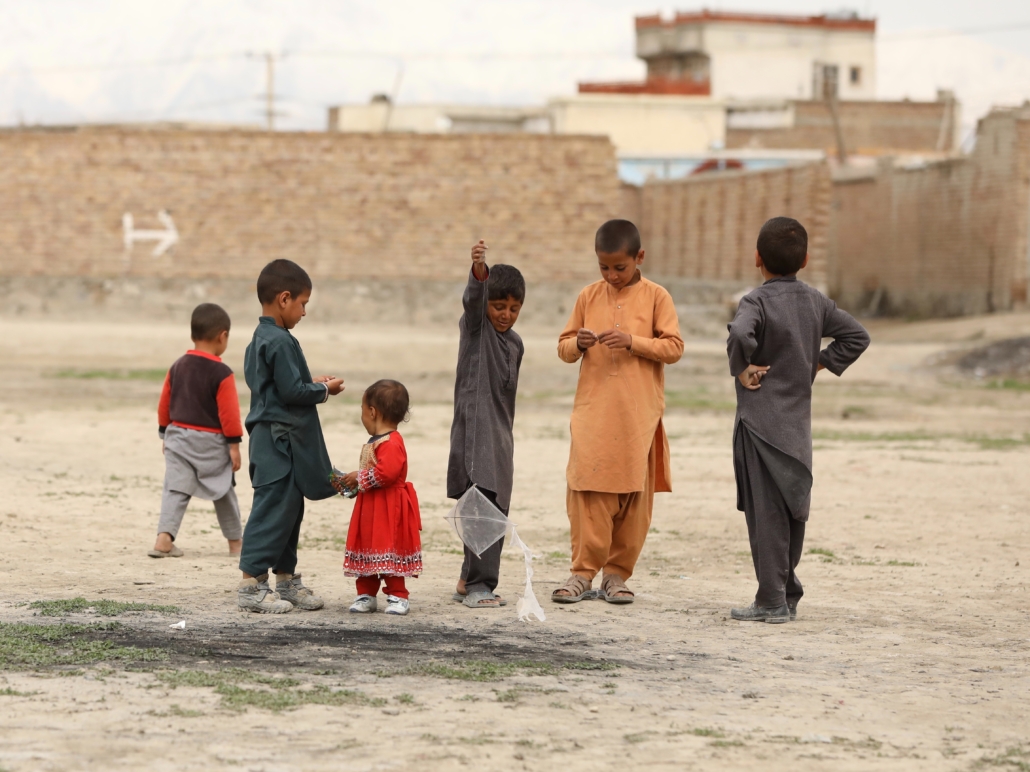How Botswana Has Avoided the Resource Curse
 Botswana has successfully avoided the “resource curse,” something that many developing nations with abundant natural resources fall prey to. The resource curse is a paradox overshadowing countries rich in minerals and natural resources that tend to have the highest incidence of poverty, inequality, poor public services and stunted economic growth. Weak governments, lack of economic diversification and humanitarian instability contribute significantly to the resource curse.
Botswana has successfully avoided the “resource curse,” something that many developing nations with abundant natural resources fall prey to. The resource curse is a paradox overshadowing countries rich in minerals and natural resources that tend to have the highest incidence of poverty, inequality, poor public services and stunted economic growth. Weak governments, lack of economic diversification and humanitarian instability contribute significantly to the resource curse.
About the Resource Curse
“Private sector development and diversification is constrained by insecurity, political instability, weak institutions, inadequate infrastructure, widespread corruption and a difficult business environment,” said the World Bank in March 2021 when referring to countries with abundant natural resources and high poverty levels.
Kevin Morrison, an assistant professor of public policy and political science at the University of Pittsburgh, investigated the resource curse in his article “What Can We Learn about the “Resource Curse” from Foreign Aid?” published by The World Bank Research Observer in October 2010. Morrison observed that countries with competent, democratic governments effectively utilize their natural resources to avoid the resource curse entirely. Windfalls from a nation’s natural resources are shared with its citizens, supporting economic diversity and humanitarian stability.
Botswana Avoids the Resource Curse
Botswana is one of the few countries in sub-Saharan Africa that aspires to become a high-income country by 2036. According to the Organization for Economic Development and Cooperation, Botswana should graduate from developmental assistance by 2030.
After gaining independence from English rule in 1966, Botswana was one of the poorest countries in the world. In 1985, about twenty years after gaining independence, more than 83% of Botswana’s citizens lived in poverty. Since then, it has become one of the fastest-growing economies in the world, primarily due to its vast mineral wealth, mostly diamonds.
The Way Botswana Has Avoided the Resource Curse
How did Botswana avoid the resource curse, given its immense mineral resources? Its politically stable democratic government adhered to prudent macroeconomic policies, creating robust economic institutions that have effectively managed the nation’s diamond wealth. Botswana’s government has improved the efficiency of its public spending, investing in its people to raise capital, create jobs and diversify the economy. On the other hand, much of Botswana’s progress today would not have been possible without foreign aid.
In 2002, Botswana “took advantage of national programs designed under the Africa Trade and Poverty Programme umbrella to promote a dialogue on trade and poverty issues among the public and private sectors as well as civil society.” The Botswana Trade and Poverty Programme (BTPP) began in 2003. This United Kingdom’s Department for International Development (DFID) sponsored program had specific objectives for Botswana:
- “Adopt and implement trade policies that positively impact the poor and contribute to environmentally sustainable development.”
- Encourage “increased participation by the private sector and civil society stakeholders in policy formulation and negotiation.”
Foreign Aid and Collaboration
Utilizing foreign aid programs and collaborating with other nations to implement effective policies allowed Botswana to set up robust economic institutions, allowing their stable, democratic government to invest in its people and climb the ranks to an upper-middle class country.
To date, more than 117,000 people have access to better water sources, and the local government is partnering with Namibia to develop a more sustainable livestock chain to improve food security. More than $186 million has been invested to public transportation systems that encourage further improvements to urban infrastructures and more than $250 million has been invested to the Programmatic Economic Resilience and Green Recovery Development Policy Loan I (DPO). The DPO program improves access to finances for small businesses and prioritizes low-carbon energy sources for Botswana citizens.
Botswana’s poverty rate today is down to 63%. While there is still room to improve, Botswana showcases how responsible, democratic governments can utilize their resources to improve their economy and their citizens’ lives and avoid the resource curse entirely.
– Ann-Jinette Hess
Photo: Unsplash
